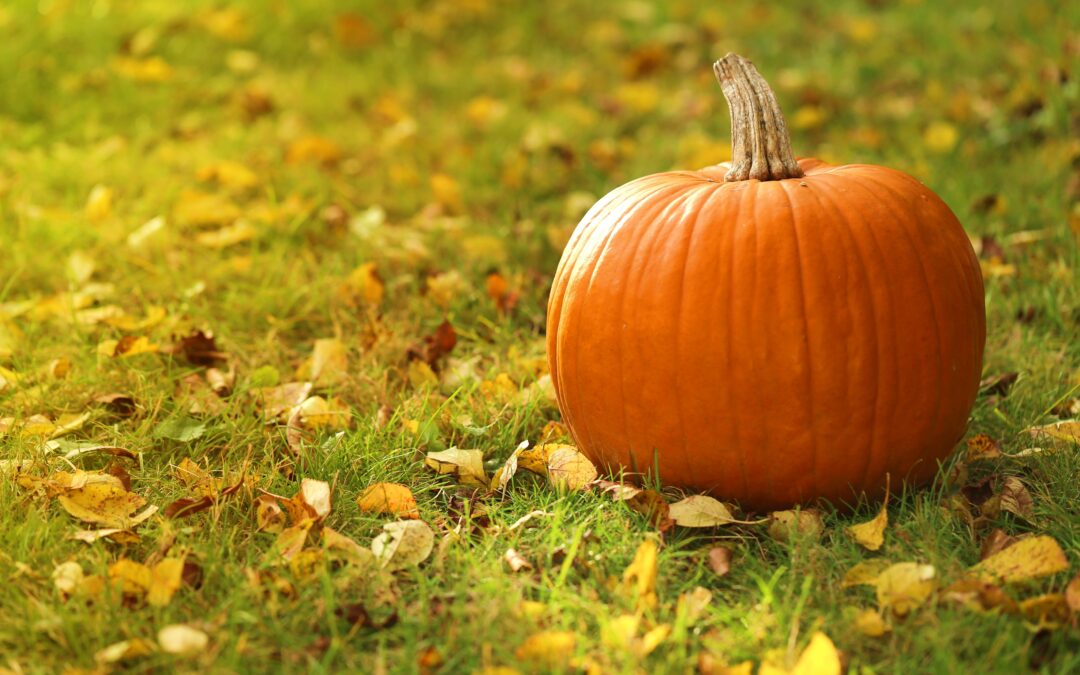MY FATHER WAS A WELL-LOVED rural letter carrier, so when it came to Christmas, people on his route would remember him with all kinds of gifts. Throughout December, Dad would receive homemade fudge and fruitcake, bottles of aftershave, boxes of candy, tree ornaments and more. Those patrons who escaped our cold northeastern Pennsylvania winters by traveling south to Florida would have a box of oranges or grapefruit shipped to him. Our whole family enjoyed the many edible gifts of thanks. And I don’t recall Dad ever buying aftershave because he received so many bottles as gifts each year!
On December 25 or 26, Dad would box up some of the gifts, pairing them with cookies my mother and I had baked, to take them to a neighbor. This neighbor suffered with undiagnosed and untreated mental health issues and lived in poverty. The box of goodies Dad shared with him might have been the only Christmas gift he received each year.
Dad’s actions were some of the first examples of Christian discipleship I witnessed as a young girl. He steadfastly cared for the people on his mail route, going above and beyond what was expected of him. He shared what he had with those in need on Christmas Day and other times during the year.
This reminds me of Boxing Day (December 26), which is the same day we celebrate the Feast of Saint Stephen, the first martyr among the early church. The deacon Stephen is remembered, in part, for distributing food and aid to the widows in his community. His actions inspire Good King Wenceslas (of Christmas carol fame) to care for the poor man gathering winter fuel. Likewise, Boxing Day originates in providing a box of gifts, often food, to those in need or those in service positions. It’s rather ironic that in places where Boxing Day is still observed today, it’s most often a shopping day— not a day of providing gifts to people in need.
The life of Christ, whose coming to earth we celebrate at Christmas, helps us learn what is expected of us as his disciples. In word and deed, Jesus teaches us to care for those in need. God calls us to love our neighbors as ourselves. God calls us to feed the hungry, provide drink to the thirsty, welcome the stranger, clothe the naked, care for the sick, visit the prisoner. We recognize this call in the purpose statement of Women of the ELCA, acknowledging that we are “created in the image of God, called to discipleship in Jesus Christ, and empowered by the Holy Spirit….”
How might you and the women of your congregational unit follow the examples of Jesus and Stephen this Christmastide? Who needs your care? Throughout our many communities, there is great need. Look and pray. You will find the places of service to which you are being called.
Linda Post Bushkofsky is executive director of Women of the ELCA.
This article appears in the November/December 2022 issue. To read more articles like it, subscribe to Gather.

Seen. Heard. Welcomed.
Do you ever go to church hoping you have enough snacks and “stuff” to keep your child quiet and...

Redeeming grace
Coupons, rainchecks and rebates were my dad’s way of saving money on groceries and other household...

Holding to God’s promise
When my husband, Joe, and I moved into our first house In May 2014, we spied squash vines growing...


